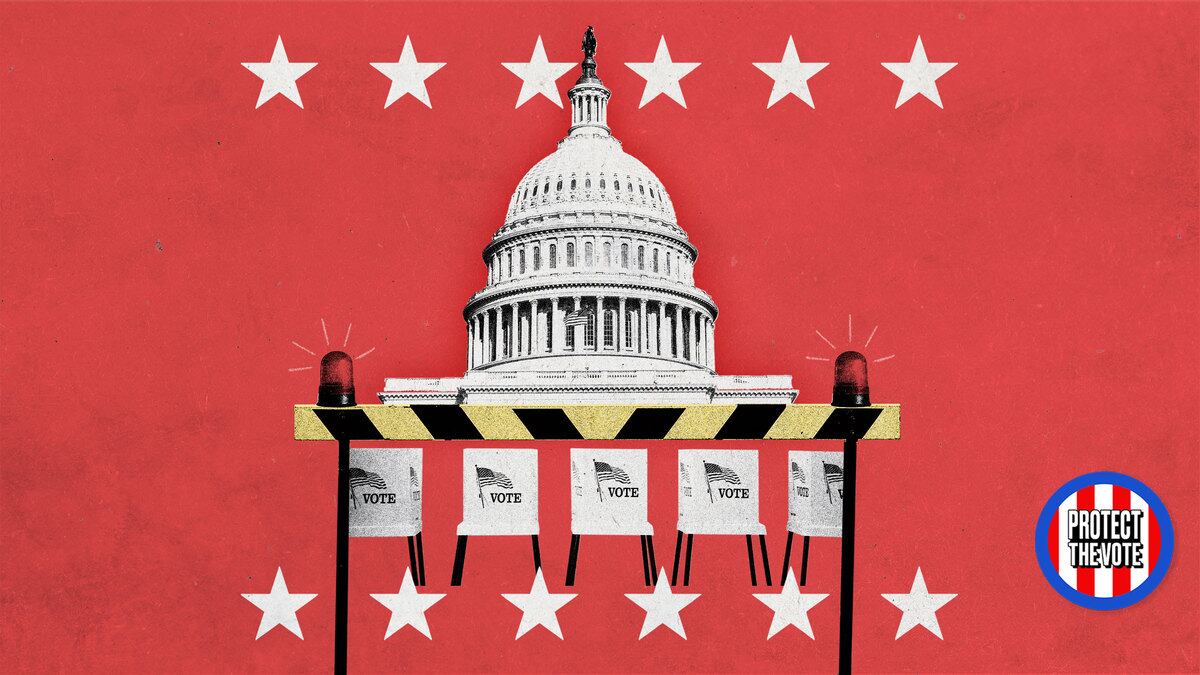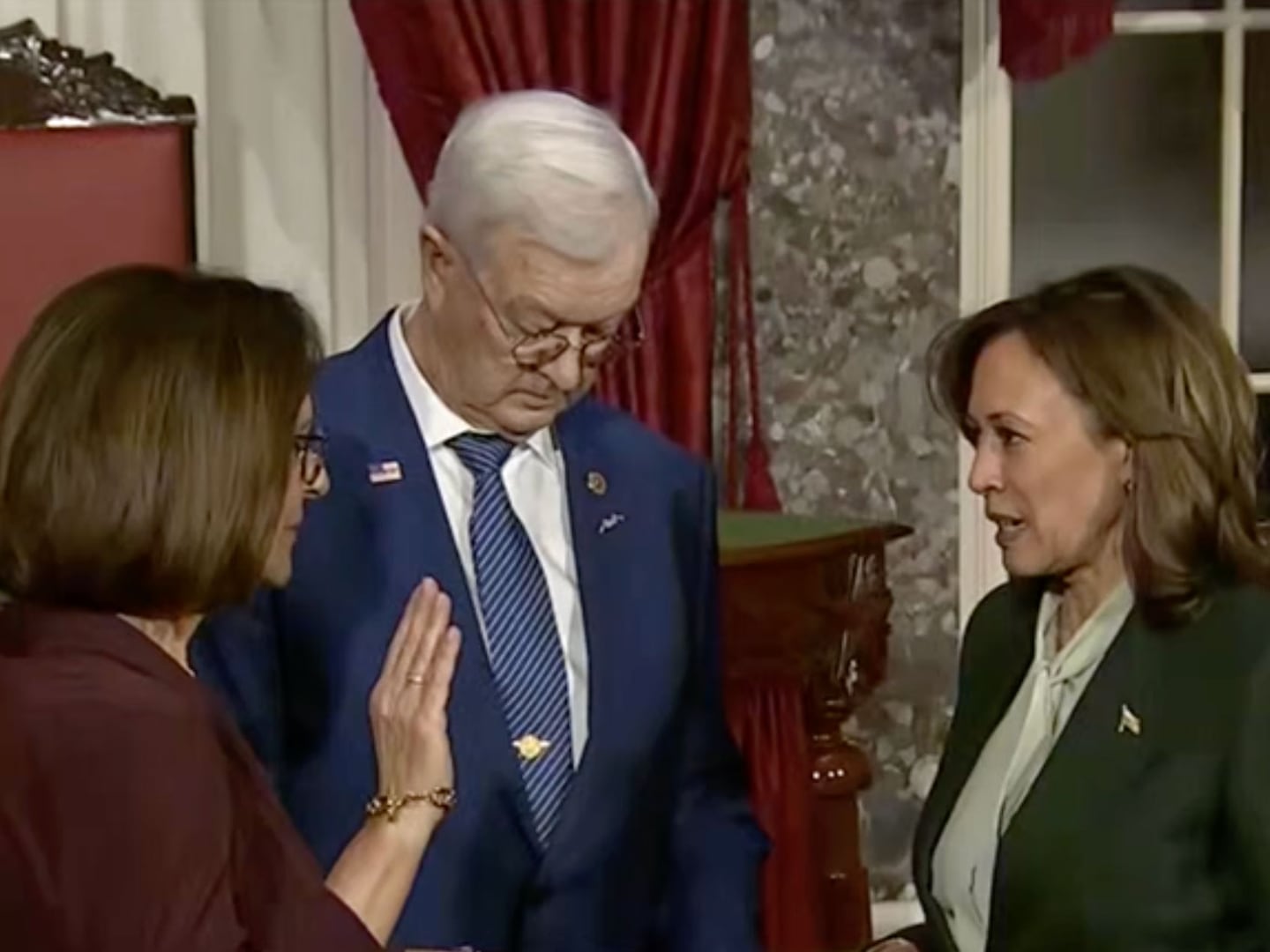Elections
Photo Illustration by Kelly Caminero/Elizabeth Brockway/The Daily Beast/Getty
Election Workers Are in Crisis. Will Congress Actually Help?
Defiance
Election workers are under new threats. Protecting them might be the one national voting reform Congress enacts.

Trending Now




